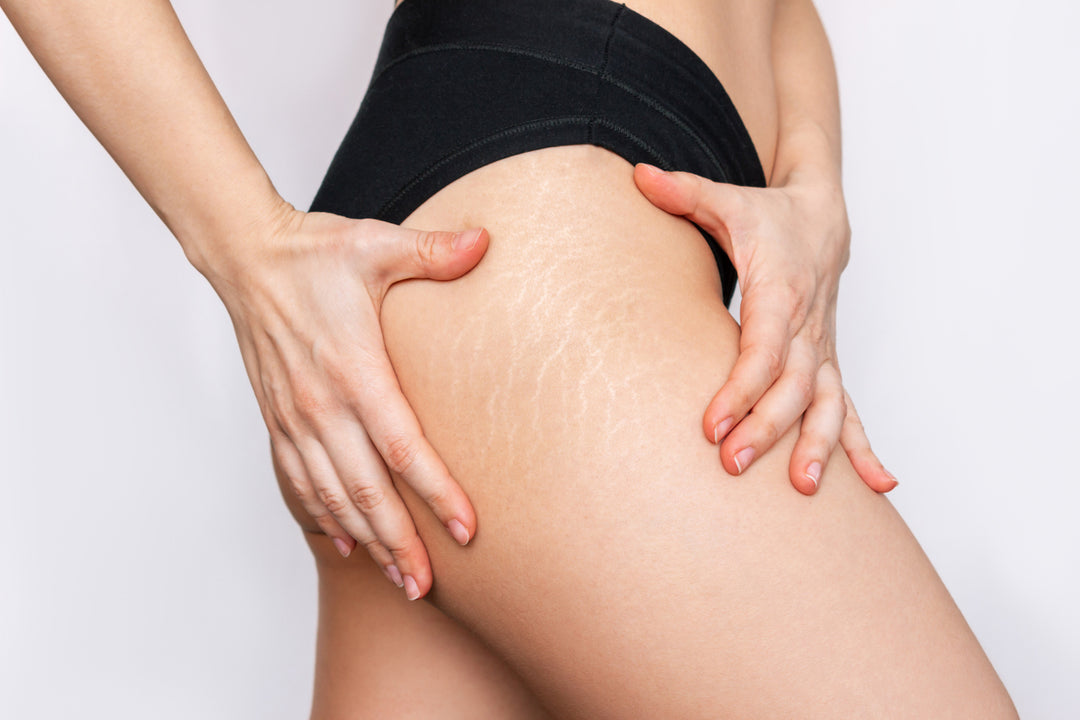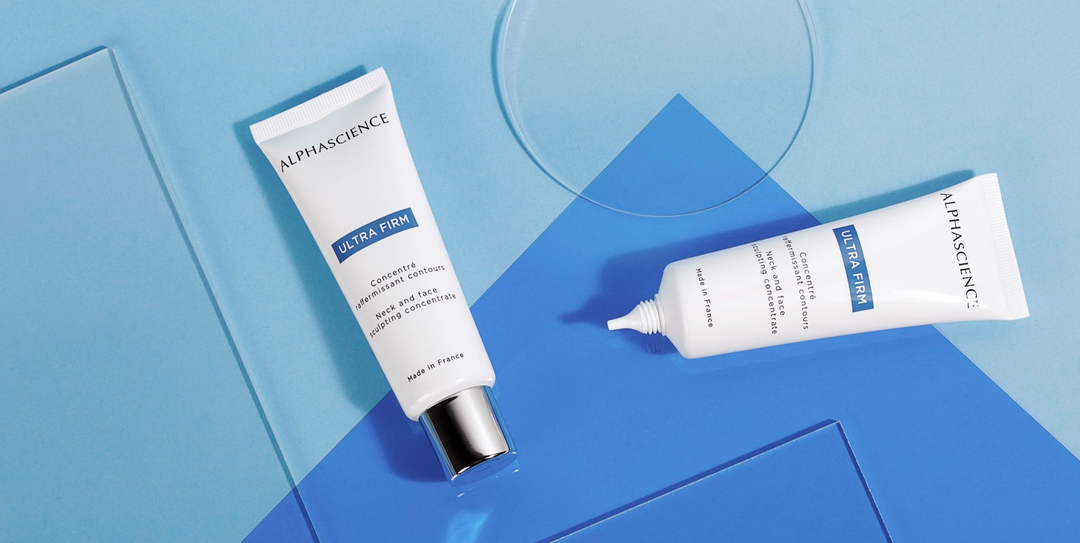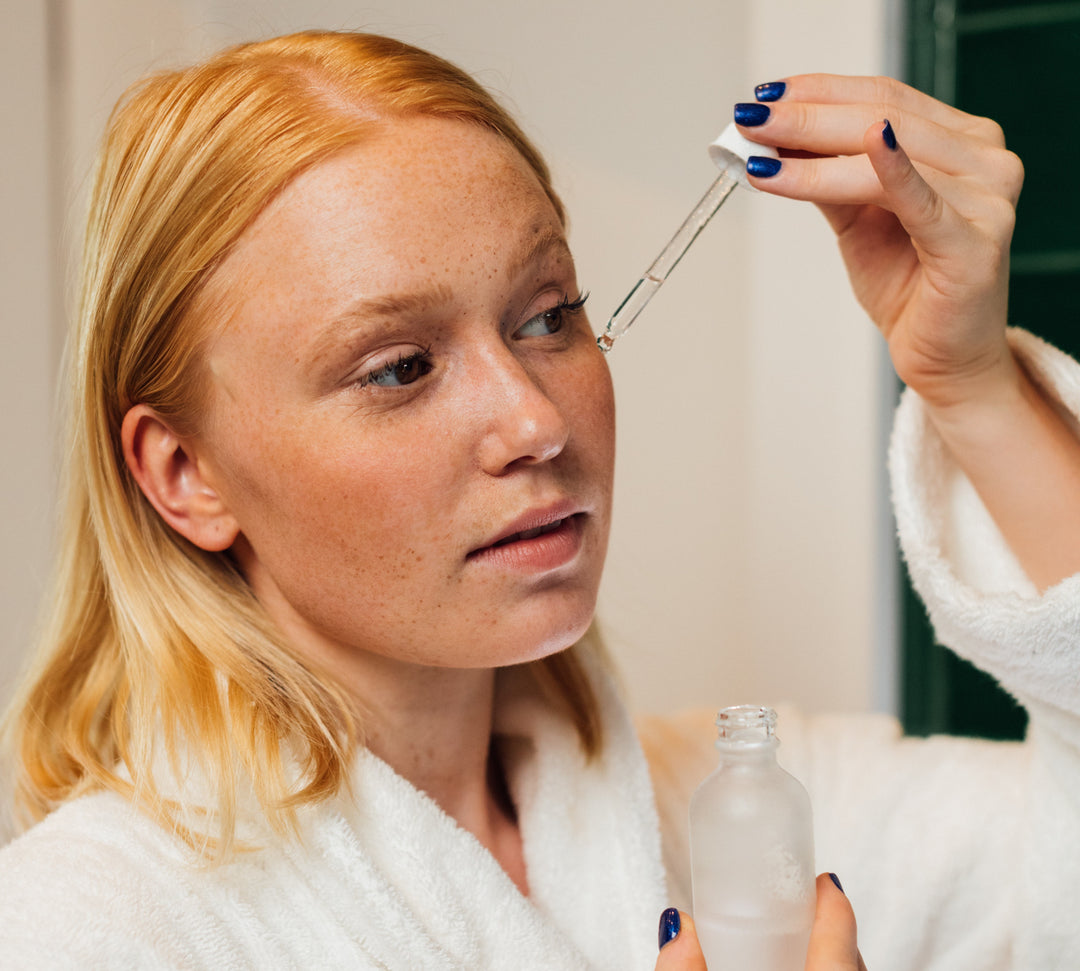Your Expert Guide To Acids In Skincare
The term “acid” is actually quite misleading, since it conjures up images of harsh chemicals and burning. In fact, there are lots of different groups of acids and the latest skincare formulations use these in low concentrations for gentle yet effective results. Even those with sensitive skin can find these products safe and beneficial.
Here, we take a closer look at all of the key acid groups you should know about.
AHAs – Alpha Hydroxy Acids
There are both naturally-occurring and synthetic AHAs which offer chemical exfoliation for the skin surface. By dissolving the bond between the dead skin cells, AHAs make them easier to remove, revealing the softer, smoother skin below. AHAs can also minimise dark spots and fine lines for a younger-looking complexion.
Some of the best known AHAs include Lactic acid, which moisturises and exfoliates, mandelic acid which is antibacterial and ideal for those with sensitive skin and glycolic acid which clarifies oily skin and exfoliates effectively.
BHAs – Beta Hydroxy Acids
Salicylic acid is a Beta Hydroxy Acid which is a powerful anti-microbial and exfoliant. As it is oil soluble, it’s able to penetrate into the pores, clearing them of sebum and dirt with no need for manual exfoliation.
PHAs – Polyhydroxy Acids
These acids are gentle exfoliants that are less well known that BHAs and AHAs. They are ideal for use on sensitive skin. Two of the main PHAs are gluconolactone and lactobionic acid, both of which smooth and resurface the skin while improving hydration.
Introducing Acids Into Your Daily Skincare Regime
Are you ready to introduce acids into your daily skincare regime but aren’t sure where to start? It’s always best to start slowly when you begin using a chemical exfoliator. Start by using them just one day a week after you cleanse your face before bed, then build up to use everyday in the evening before finally using them both morning and night.
The Best Way To Apply Acids To Your Skin
It’s always best to apply acid-containing products by soaking cotton pads in the acid solution then sweeping it gently across your skin, taking care to avoid the area around your eyes which is delicate and sensitive. You can use acids on your body too as well as your face. If you choose to do this, move your soaked cotton pad gently in a circular motion.
Remember that acids may make your skin extra sensitive to the sun’s UVB and UVA rays, so make sure that you always put on suncream daily when you adopt them into your routine. Follow this expert advice, and you’ll find that you can reap the benefits of using acids to boost your skincare and to give you beautifully soft and clear skin.





Leave a comment